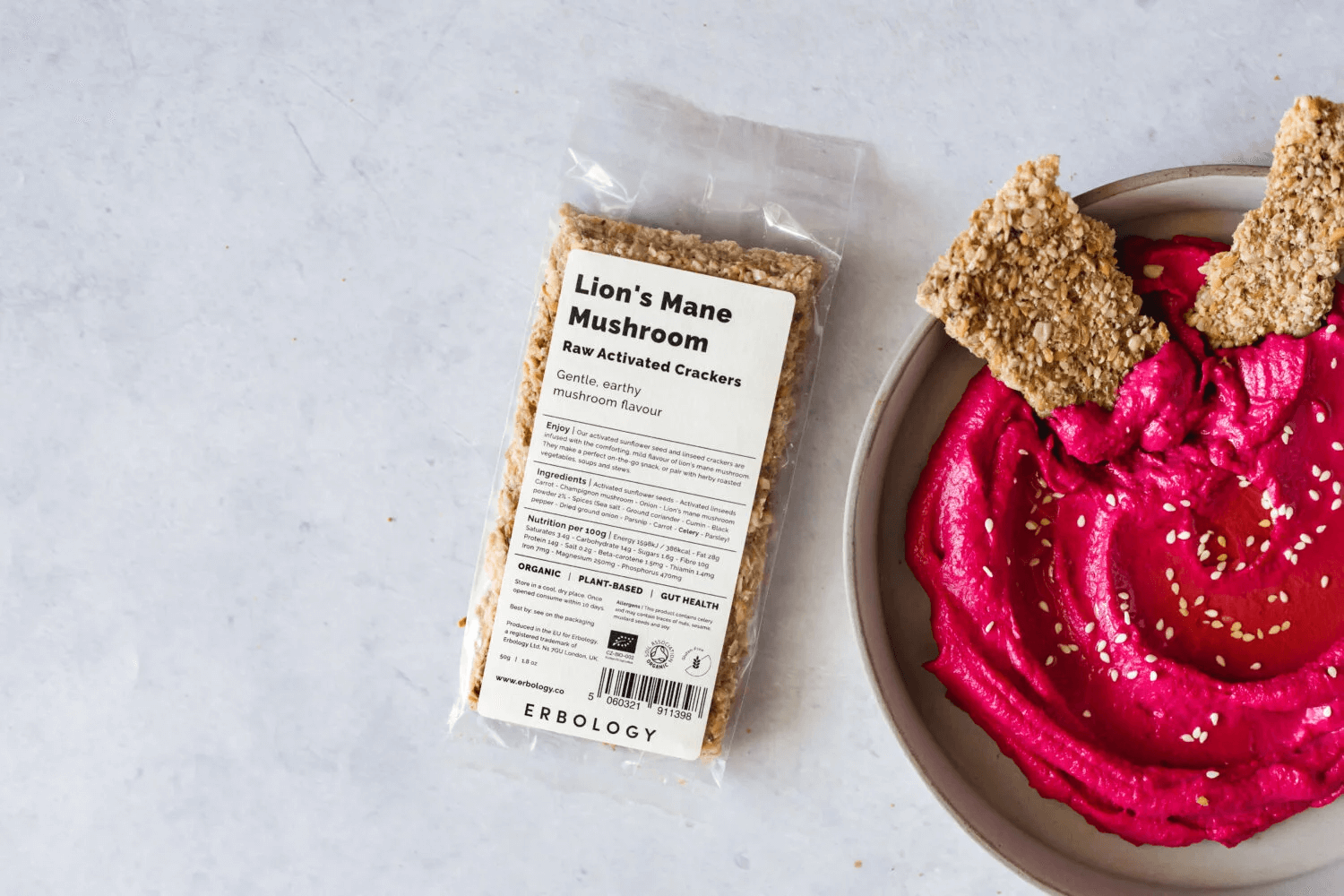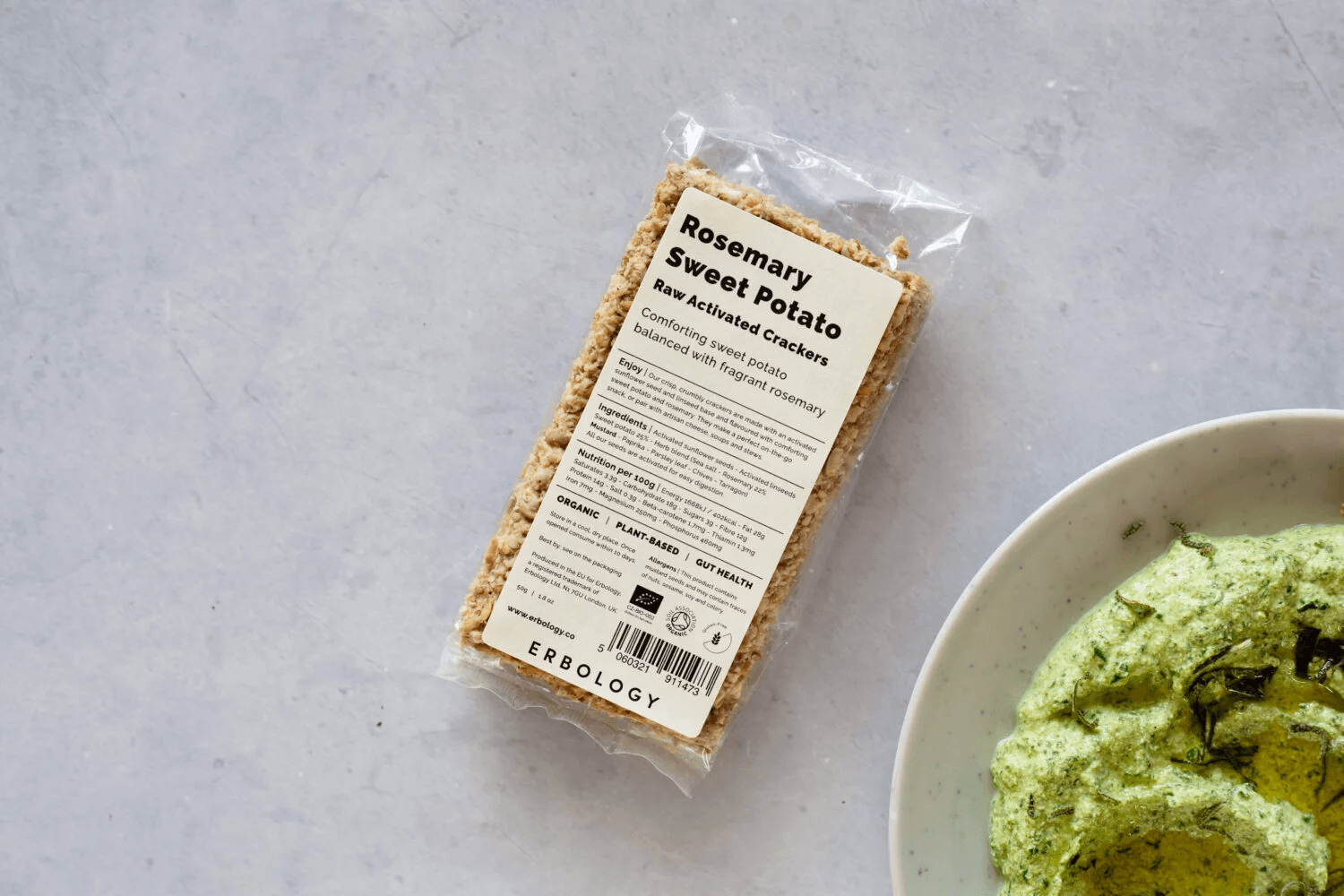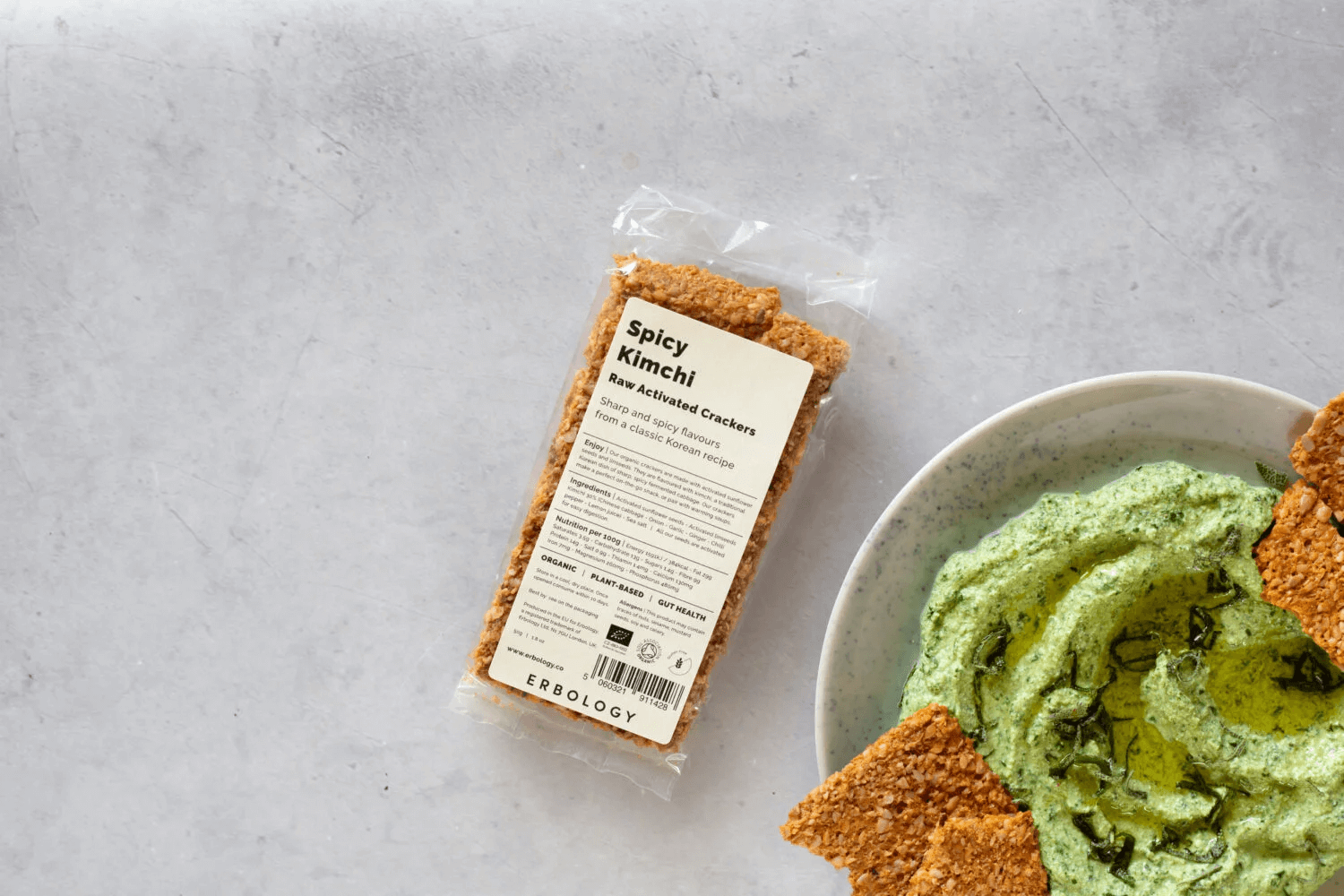29 Jun 2021
Vegan foods with vitamin B12
What is vitamin B12?
More and more of us are adopting a fully plant-based diet. Yet, we still often hear that going vegan “isn’t good for you” or “doesn’t provide all the nutrients you need”.
Perhaps the most notorious nutrient in question is vitamin B12.
Also known as cobalamin, vitamin B12 is essential for important processes such as DNA synthesis and building red blood cells.(1)
Look it up online and most resources will tell you that B12 can only be found in meat products. However, while most omnivores do get the majority of their B12 from meat, eggs and dairy, there are some vegan foods with vitamin B12.
Better yet, they're all delicious!
![]()
Do I need to worry about vitamin B12?
If you eat meat and dairy, the likelihood is that you’ll be getting plenty of vitamin B12 from your regular diet.
Common foods such as eggs, cheese, yoghurt, fish and shellfish all contain vitamin B12.
If you’re vegetarian or vegan, things become a bit more complicated.
As a ‘veggie’, you might think you’ll still be able to source enough B12 from eggs and dairy foods. However, a scientific paper published in 2016 puts that notion into question. In fact, the paper claims, eating an ovo-lacto-vegetarian diet would not provide enough B12 for your needs.(2)
Likewise, if you’re vegan, you will struggle to get enough B12 from your normal diet unless you take deliberate steps to include it.
This is because most plant-based foods, such as vegetables, fruit and grains, do not naturally contain vitamin B12.
As a result, you are at risk of developing a B12 deficiency.
What does vitamin B12 deficiency look like?
A large proportion of vegetarians and vegans are at risk of B12 deficiency. In fact, in a study of different vegetarian demographics, scientists have estimated that as high as 62% of pregnant women, 25-86% of children, 21-41% of adolescents, and 11-90% of elderly participants had a B12 deficiency.(3)
They also noted that there were higher rates of deficiency among vegans.
If you suffer from a mild B12 deficiency, you may notice that you’re feeling more tired than usual. You might experience a prickling sensation, like pins and needles (formally called ‘paraesthesia’) in your hands and feet.
If your deficiency is more serious, you might develop pancytopenia, which occurs when your body stops producing enough blood cells. Severe deficiency can also damage your nerves and spinal cord.(4)
It’s important to note that a B12 deficiency can be caused by other factors beyond your diet. For example, autoimmune conditions such as pernicious anaemia, and diseases such as chronic gastritis, can lead to deficiency. This isn’t because you’re not taking enough B12 in, but rather than your body isn’t able to absorb it due to your illness.(4)
If you suspect you have a vitamin B12 deficiency, it’s important to see a doctor to rule out anything serious.
![]()
Deficiency is particularly important for pregnant women
Pregnant women should be especially cautious about their B12 intake. If you are a vegetarian or vegan mum-to-be, you may not have sufficient stores of B12 to take care of both yourself and your baby. This is true during both pregnancy and breastfeeding.
Infants are particularly in need of this vitamin to develop healthily. Some scientists have pointed out that a B12 deficiency in mum may lead to a failure to thrive, not accepting solid foods and delays in neurodevelopment in baby.(2)
One analysis found that the symptoms of B12 deficiency in babies were much the same, regardless of whether the mother had pernicious anaemia or was following a vegan diet.(2)
We don’t believe that if you’re pregnant you should have to eat foods that you don’t want to include in your diet. But it is certainly a good impetus to pay careful attention to the nutrients you're taking in, especially when it comes to vitamin B12.
I’m a new vegan - should I worry?
Your body is naturally very good at storing vitamin B12. If you have recently switched to veganism from a diet including meat and dairy, you will have enough B12 stores to last you for quite a long time.
One scientific paper suggests that a B12 deficiency could appear, at the earliest, around two years after you stop consuming it in your diet.(2)
However, you should start including B12 in your diet as soon as you can to make sure those stores don’t get depleted.
Related reading
![]()
undefined

Organic Lion's Mane Mushroom Snacks

Organic Rosemary Sweet Potato Snacks

Organic Spicy Kimchi Snacks

Organic Lion's Mane Mushroom Snacks

Organic Rosemary Sweet Potato Snacks
